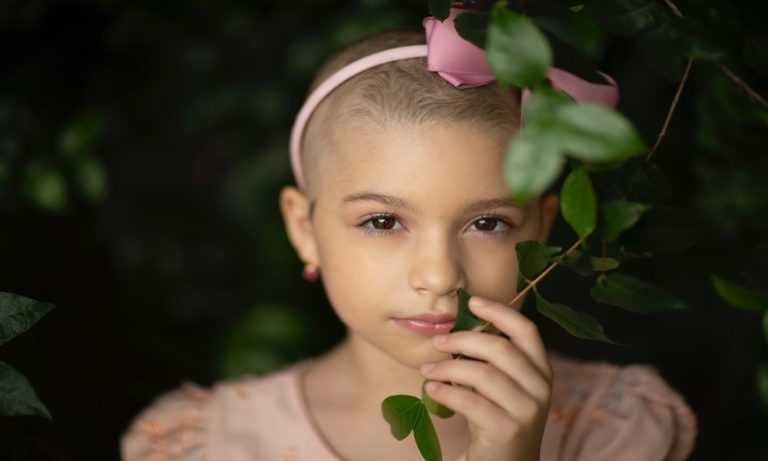When your child is diagnosed with cancer, it affects all the family and friends. However, if you as a parent seem to be more adjustable, imagine what efforts it takes for your child. While there is no written guide to help everyone go through the tornado of emotions, the only person to rely on is you.
In moments like this, you certainly feel confused about what’s next. Cancer treatment and recovery might be a long process. Therefore, it’s pretty normal for you to think of smart ways on how to make this journey less stressful and somehow decrease the pain. There are a variety of gifts for cancer patients that can help your child feel their loved ones’ care and support.
Be Informative
In a flash, nothing would be how it used to be anymore. It’s a new thing for both of you and your child. A child needs to know what’s really going on, without any excuses or hesitations. It’s a major change and the more honest you are, the better.
Children ask questions and expect sincere answers to get ready for what the future holds for them. So, if you don’t have all the answers, make a list and ask the medical team. They’ll be glad to help you, and your child will be more secure for the rest of the treatment plan.
Be Supportive
You probably don’t know what’s on your child’s mind right now, but you can encourage them to talk about their feelings. Of course, supporting a child with cancer is not only talking to your child, the diagnosis and treatment, but also reaching out to other people and professional help.
However, sharing is helpful at all times and brings out many emotions that may otherwise remain hidden. Your child has to understand that it’s ok not to feel ok and not to want to talk if they don’t want to. Support is not only talking to your child, the diagnosis and treatment, but also reach out to other people and professional help.
Travelling away from home to an oncology center can be extremely hard, but it gives you the opportunity to talk to different health professionals, qualified in their area. You just make sure your child knows both of you and they will be there whenever and whatever happens.
Be A Reliable Friend
Most relatives and friends don’t know how exactly to act, when in a room with a child, having cancer. Hugs, kisses, and touching are almost always welcome, as they show nothing has changed in your relationship and you still love them the same.
Sometimes silence is a virtue and meetings are more than annoying. You have to be patient and give your child all your attention. They can shift moods and feel sicker some days, more than others, so you must keep a distance.
In addition, a wish list is what you can make, or sketch ideas to fulfill when times get better. A nice surprise or a small gift can do miracles. Joy is a lifesaver, so you’d better get equipped with a package of creative ways to cheer up your child.
Be A Team Player
Going to the hospital for a long or short-time period can be preferable. That’s eventually the best place to find the right information and answers to the questions that bother you. Being curious makes you and the little patient feel more comfortable and aware of the situation.
You can take your time in doing research on the Internet, browsing different opinions and advice, and connecting with cancer communities. Your main responsibility as a parent to your child is to be a translator between them and the whole bunch of specialists.
Be Strong
The fact that you’re an adult doesn’t make it easier for you. once you get control over your emotions, you’ll be able to help your child. The worst is only an option and wrapping yourself in negative thoughts is wrong and self-destructing.
Now is the time to tighten up, organize your work, the child’s school, and decide who knows what. It’s your choice to make and everyone should learn to appreciate your right to talk or be silent about it. Remember, you don’t owe an explanation or a reason to anybody but your child.
Be Yourself
Facing the diagnosis of “cancer” is a shock at first so staying cool-minded is hard, but it’s perfectly normal for others to express curiosity, sympathy, fear, or even neglect the subject.
The most important thing now is to be there for your child. Show them you care and none of this is their fault. Create precious memories with each other and try to enjoy.
There’s no wrong or right way to act as this is an unprecedented situation hardly anyone is prepared for. Your child needs nothing else, but you – supporting, understanding, forgiving, comforting. Otherwise, the fight would be lost on both fronts.



Comments are closed.